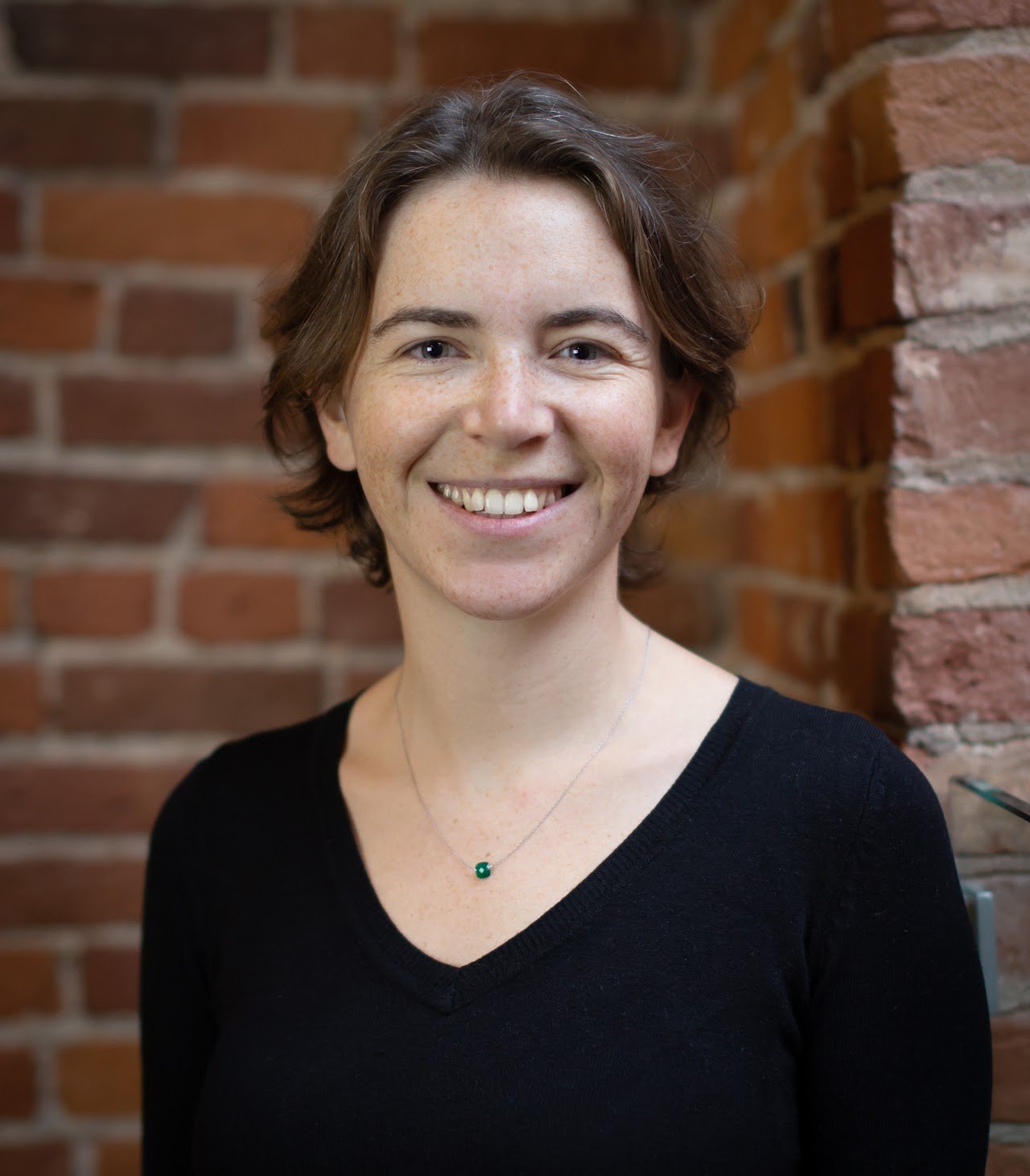Culture and Marriage: Lessons from German Reunification

Culture and Marriage: Lessons from German Reunification
by Marion Goussé (CREST-ENSAI)
You may follow the seminar at the following link.
ABSTRACT:
In this paper, we compare and contrast East and West Germany after reunification in 1989 in terms of marriage sorting by education, wages and cultural preferences, and in terms of male and female time uses (wage work, leisure and housework). Recent work by Lippman et al. (2020) shows that female labor supply drops rapidly when the wife earns more than the husband in the West, but not in the East. In this paper, we try to understand what factors explain this fact, and whether there is a family norm in the West that prevents couples where the wife earns more than the husband to form and last, which is absent in the East. To this end, we develop a search-matching/Nash bargaining model of marriage formation and divorce, and intra-household resource allocation. The model parameters are independent of the region of Germany, conditional on individual wages, education, and cultural preferences (attitudes, activities and religion), whose distributions are assumed to be exogenous and gender- and region-specific. We estimate 4 independent models in four 7-year periods (1992-1998, 1999-2005, 2006-2012, 2013-2019) using the GSOEP. The model fits the data very well. We then use the estimated model to measure how much of the observed differences between East and West (time uses and marriage sorting) are due to differences and changes in education, wages and cultural identity. Cultural identity is found to be the main factor before education and wages. It explains half of differences in time uses and marriage sorting on observables between East and West. Identity also interacts with education and wages (another 50% reduction).
BIO:
Marion Goussé is Associate Professor of Economics at CREST-ENSAI. Previously, she was Associate Professor at Université Laval in Canada. She obtained her PhD in economics from Sciences Po Paris. Her research focuses on labor economics and family economics. She studies the marriage market, the within-household allocation of resources and women's labor supply. She is also interested in wage dynamics and discrimination in the labor market.